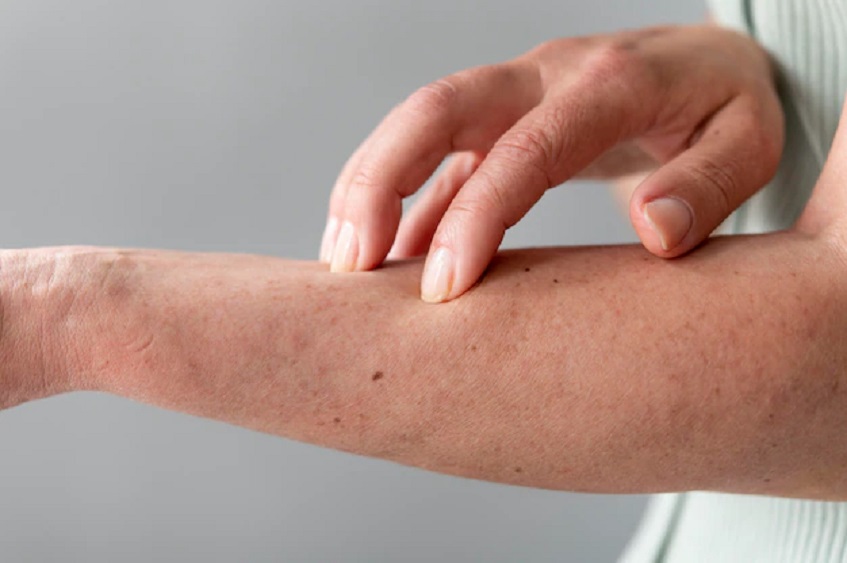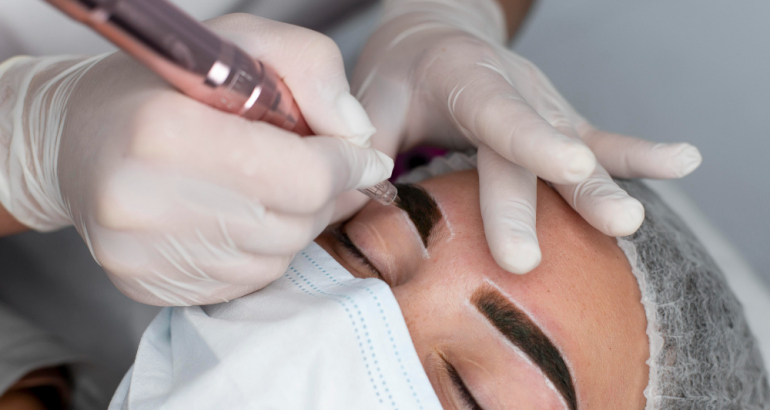A lot of things might cause irritated skin. Immune system diseases, medicines, and infections are among them. An allergic skin problem occurs when an allergen is responsible for eliciting an immune system reaction.
A rash is a group of skin sores that appear all over the body. It is a medical term that encompasses a wide range of conditions. Rashes can have a wide range of appearances, and there are numerous possible causes. There is a vast range of therapies available as a result of the variability.
Rashes can be caused by a variety of things, including contact dermatitis, bodily infections, and allergic reactions to medications. They can be dry, wet, bumpy, smooth, cracked, or blistered, as well as uncomfortable, itchy, and changing colour.
Rashes impact millions of individuals throughout the world; some rashes do not require treatment and will go away on their own; others can be treated at home, and still others may indicate something more serious.
Symptoms of Skin allergy
- Headache, fatigue, low fever, sore throat, runny nose, diarrhea, and nausea
- Children are more likely than adults to experience a rash
- Round, bright red rash on the cheeks
- Lacy-patterned rash on the arms, legs, and upper body that might be more visible after a hot shower or bath.
However, there are some basic measures that can speed up recovery and ease some of the discomfort:
- Use mild soap – not scented. These soaps are sometimes advertised for sensitive skin, or for baby skin.
- Avoid washing with hot water – opt for warm.
- Try to allow the rash to breathe. Do not cover with a Band-Aid or bandage.
- Do not rub the rash dry, pat it.
- If the rash is dry, for instance, in eczema, use unscented moisturizers.
- Do not use any cosmetics or lotions that may be causing the rash – for instance, newly purchased items.
- Avoid scratching to lessen the risk of infection.
- Cortisone creams that can be purchased over-the-counter or online may ease itching.
- Calamine can relieve some rashes, e.g. poison ivy, chickenpox, and poison oak.



